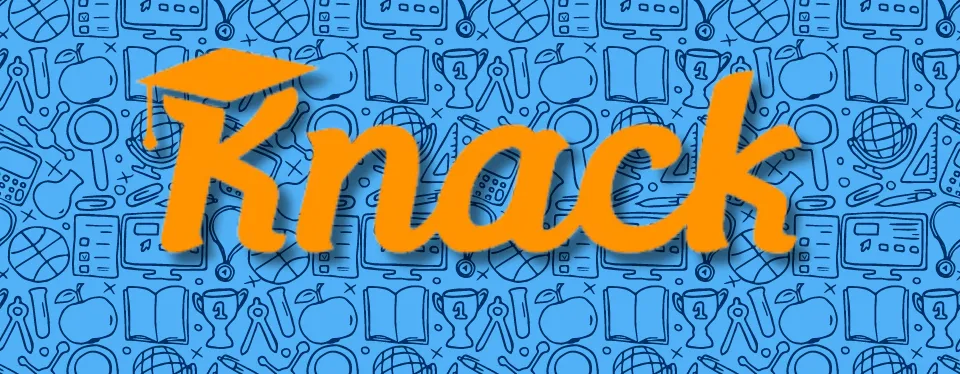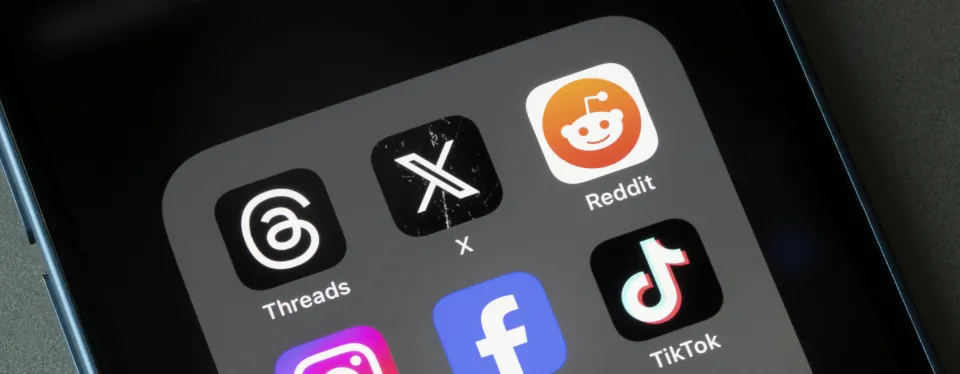An interview is the most important part of the hiring process. An interview helps the employer evaluate each job candidate and also allows the applicant to communicate why he/she is the best fit for the role. Most employers will use a variation of several common interview questions that are tailored to the job in question. While it is impossible to predict which questions the interviewer will ask, it is always best practice for you – the interviewee – to be prepared. Here are a few smart approaches to answer some common interview questions.
“Tell me about yourself...”
This is often the first question in an interview and an opportunity for you to set yourself apart from the other candidates. You should focus on your accomplishments, your previous experience, your goals and how you can bring value to the company.
“What are your strengths?”
This can be a difficult question because it is not always easy to identify our own strengths. Consider your previous work experience or your experiences as a student. What have you done well? In which tasks have you been most successful? Develop a list of 3-5 strengths and support each strength with examples that are related to your accomplishments. For example, if you believe one of your strengths is flexibility, follow up with an example of how you demonstrated flexibility at work or in school.
“What are your weaknesses?”
It is important to be aware of one’s weaknesses, but it is equally important not to dwell on them extensively during the interview. Reflect on one or two areas where you might need improvement, but also tell the interviewer how you are working to overcome those weaknesses. For example, if you lack experience with Excel or Word, follow up with an explanation of how you are working with the software to become more proficient.
“Why did you leave your last job?”
Always give a positive response, even if your reasons for leaving may not be positive. You might say, “I felt it was time to take on new challenges,” or “I wanted to pursue new opportunities.” A forward-focused response will help you avoid burning any bridges and will make a good impression on the interviewer.
“Tell me about your ability to work under pressure…”
Explain the instances where you have thrived under pressure and achieved better results. Pull in examples of how your communication skills minimized the stressful aspects of working under pressure, resulting in a successful project.
“Where do you see yourself five years from now?”
You should go into the interview with a few short-term career goals. Focus on goals such as growing and developing with the company, maximizing your skill sets and being a part of a highly productive team.
“How do you handle criticism?”
You want to show the interviewer that you can approach criticism as an opportunity to learn. You might say that you never take criticism personally and offer one or two examples of how you handled criticism with an eye on growth and development.
“What irritates you about co-workers?”
Working with others at work is a valuable quality. You could highlight to the interviewer that you can get along with all kinds of co-workers, and put emphasis on your flexibility and your willingness to adjust to other working styles. This presents you as a team player who is willing to take ownership of your working relationships.
“What qualities do you look for in a boss?”
Avoid listing overly specific qualities, as this could potentially limit you. Instead, consider how you work and learn best. List a few attributes of a good leader, such as competent, fair and encouraging.
“Why should we hire you?”
Stay focused on what you bring to the table. Bring your strengths back into the discussion and do not forget to re-establish how your experience has prepared you for the role in question. You want to show the employer how you can bring value to the organization and why you are the best candidate for the position.
“Do you have any questions for me?”
Always, always have questions for the interviewer to answer. Do your research before the interview so that you can ask thoughtful questions about the company. You can also ask questions about the role, such as, “What do you see as the first objective for this position?” or “What are your expectations for this position in the first six months?” Steer clear of questions about salary and benefits. There is a time and place for these questions, typically in the final stages of the hiring process or when the job offer is made.
These sample questions can be used as a guide to help you prepare for your interview. Consider each question, formulate a thoughtful answer and practice your answer so that you feel confident and comfortable on the day of the interview. While this list is not exhaustive, it will help you establish your strengths, weaknesses, accomplishments and goals — key talking points during any interview. By following the tips provided, you will increase your likelihood of impressing the hiring manager and walking away with a job offer.
Jack McCallum has been with the online business department at Herzing University since 2011. When not teaching, she serves as the President/Principal Consultant for HR Balance LLC—a consulting company specializing in human resources management, organizational development, leadership coaching, and training/development. She started HR Balance LLC in 2003 after years of serving in a leadership capacity for a variety of for-profit and non-profit organizations. A keynote speaker and presenter, Jack has served as an industry expert for radio and print media.
* Bureau of Labor Statistics (BLS), U.S. Department of Labor, Occupational Employment and Wage Statistics 2022 / Occupational Outlook Handbook 2022. BLS estimates do not represent entry-level wages and/or salaries. Multiple factors, including prior experience, age, geography market in which you want to work and degree field, will affect career outcomes and earnings. Herzing neither represents that its graduates will earn the average salaries calculated by BLS for a particular job nor guarantees that graduation from its program will result in a job, promotion, salary increase or other career growth.





